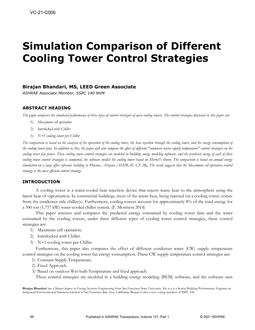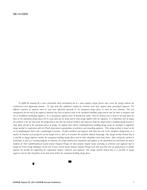Microclimatic conditions in urban open spaces are characterized by the morphology of the urban pattern and by the properties
of urban surfaces. In this paper a variety of ground surface materials and vegetation located in typical open spaces, in a historical
city in central Italy (Ascoli Piceno), are examined in order to evaluate the influence of surfaces on the microclimatic variations
of the study area. In street canyons, public places, and open spaces, the local microclimate depends directly on the physical properties
of the surrounding surfaces and objects, producing well-known effects such as wind speed decrease, local jets, increased
turbulence, or increased thermal loads. All these phenomena can greatly influence the comfort of a city or of pedestrians.
Urban climate assessment requires different methods, from numerical climate models that provide meteorological parameters,
to a set of models that simulate the comfort level. The tools used in the simulation are the numerical microclimate model
ENVI-met and the COMFA+ thermal model, which aim at calculating comfort conditions.
Several techniques based on bioclimatic architectural criteria and energy conservation principles have been analyzed in
order to improve the microclimate in an outdoor space located in a typical Mediterranean area.
Citation: Thermal Performance, International Conference, 2010
Product Details
- Published:
- 2010
- File Size:
- 1 file , 4.6 MB
- Product Code(s):
- D-BUILDINGSXI-79


